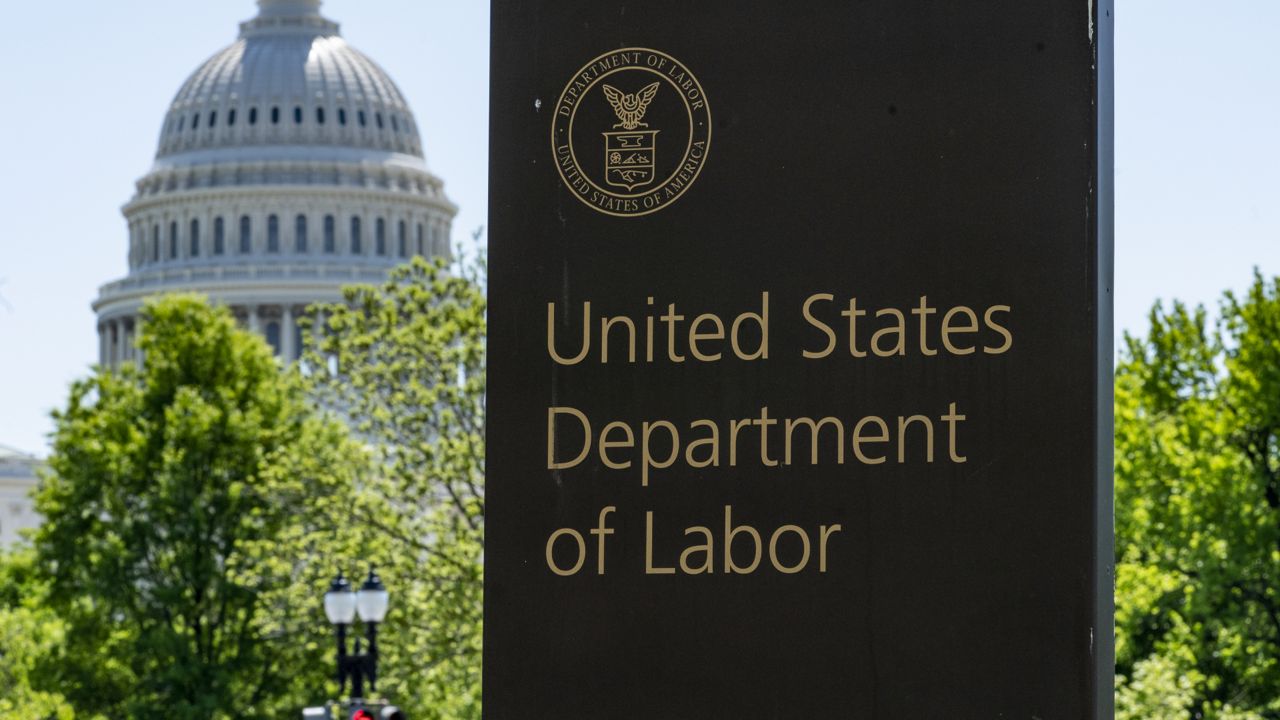With decades of experience connecting people with open jobs — in all sorts of economic climates — you'd think Cheryl Mayforth had probably seen it all. But COVID-19 has changed the game.
Mayforth, the director of the WorkPlace in Jefferson County, has seen more people in need than ever before, reaching out to her office for answers to unemployment questions she's never really had to answer before.
"Back in April, unemployment in Jefferson County was close to 20 percent," Mayforth said.
It's pain felt across the state and nation.
What You Need To Know
- For nearly a full year, New York state has been trying to respond to unemployment insurance claims as quickly as possible
- However, the state is also dealing with hundreds of thousands of false, fraudulent claims
- Those claims have hurt the timeline people truly in need have been able to access their benefits
It's why governments added extra money to unemployment checks. At one point, the extra benefit was $600 and then $300. It's been a massive help, and yet has also added a layer of problems — unemployment insurance fraud.
"We have seen people's identity stolen. People have filed unemployment claims using somebody else's information," Mayforth said.
The goal for scammers is to cheat the system and access the extra funding. Mayforth said it's still happening at an obnoxious rate, even a year after the pandemic began.
It has forced the New York State Department of Labor to add in extra security when considering a claim, including contacting former employers.
"They are looking to make sure those picture IDs are of everybody, and again, a letter being sent to the employer asking for verification," Mayforth added.
The security checks have worked, saving billions of dollars from being sent to those filing fraudulent claims. However, it's adding even more wait time to a system that continues to be overwhelmed.
Even to this day, some may have to wait several weeks, maybe a month before receiving a check.
"Now sometimes it goes through faster, but if you are the person that needs this money to live on, it is a little bit on the crazy side," Mayforth said.
Mayforth said illegal claims aren't the only fraud happening. She said people are now receiving text messages from scammers, claiming to the Department of Labor, asking for personal information.
She said you should never provide those details to anyone, as the actual Labor Department would already have that information.
Mayforth said she's hopeful the vaccine process will begin to get businesses back open and people back to work.





